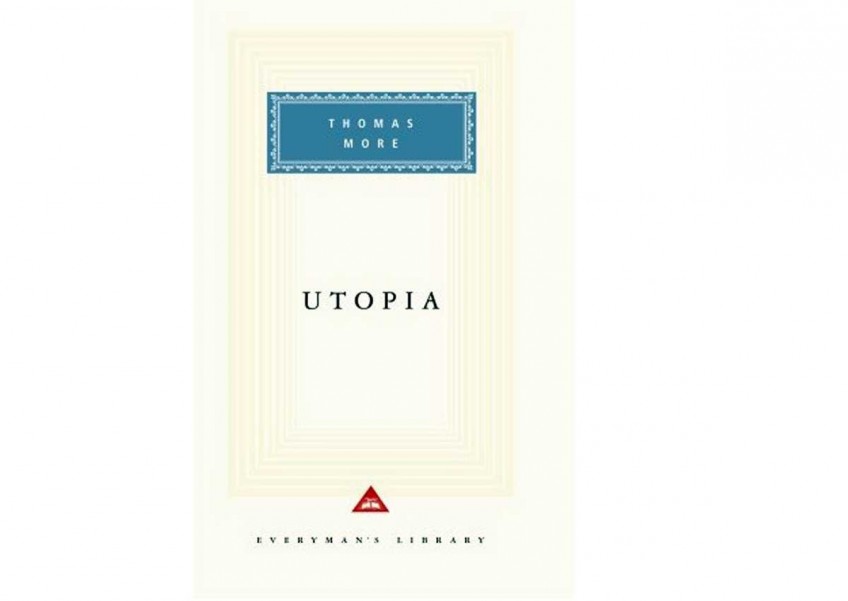How Utopia shaped the world


In the nearly-500 years since its publication, Thomas More's Utopia has influenced everything from the thinking of Gandhi to the tech giants of Silicon Valley, writes Tom Hodgkinson.
An English lawyer, statesman, writer and saint, Thomas More was a strange character. Born in 1478, he was progressive in some ways (he educated his daughters to a very high level) while also clinging to archaic customs (he wore hair shirts).
An establishment figure, he was also an enemy of the Protestant Reformation and is known today as a Catholic martyr, having been beheaded by King Henry VIII.
Today, though, we may know More best for his invention of a word - and for his development of an idea that would be exported around the world.
This concept would shape books, philosophies and political movements as varied as Daniel Defoe's Robinson Crusoe, Mahatma Gandhi's doctrine of passive resistance and the founding of the state of Pennsylvania.
The idea, of course, was 'utopia'.
More coined the word to describe an island community with an ideal mode of government. First published in Latin in 1517, the book Utopia means "no place" in Greek; some scholars have said that it may also be a pun on "happy place".
More's Utopia was not the first literary work to play around with policy ideas: dreaming of a better life is an innate part of being human.
In 380 BC, Plato wrote his dialogue The Republic, in which Socrates describes a communistic, egalitarian city-state ruled by philosopher-kings called guardians, made up of both men and women.
Instead of procreating within a family unit, these leaders leave the city once a year for a wild sex orgy. The resulting children, happily ignorant of their real parentage and brought up by the state, become the new generation of guardians.
Various medieval works also imagined what an ideal society might look like.
Read the full article here